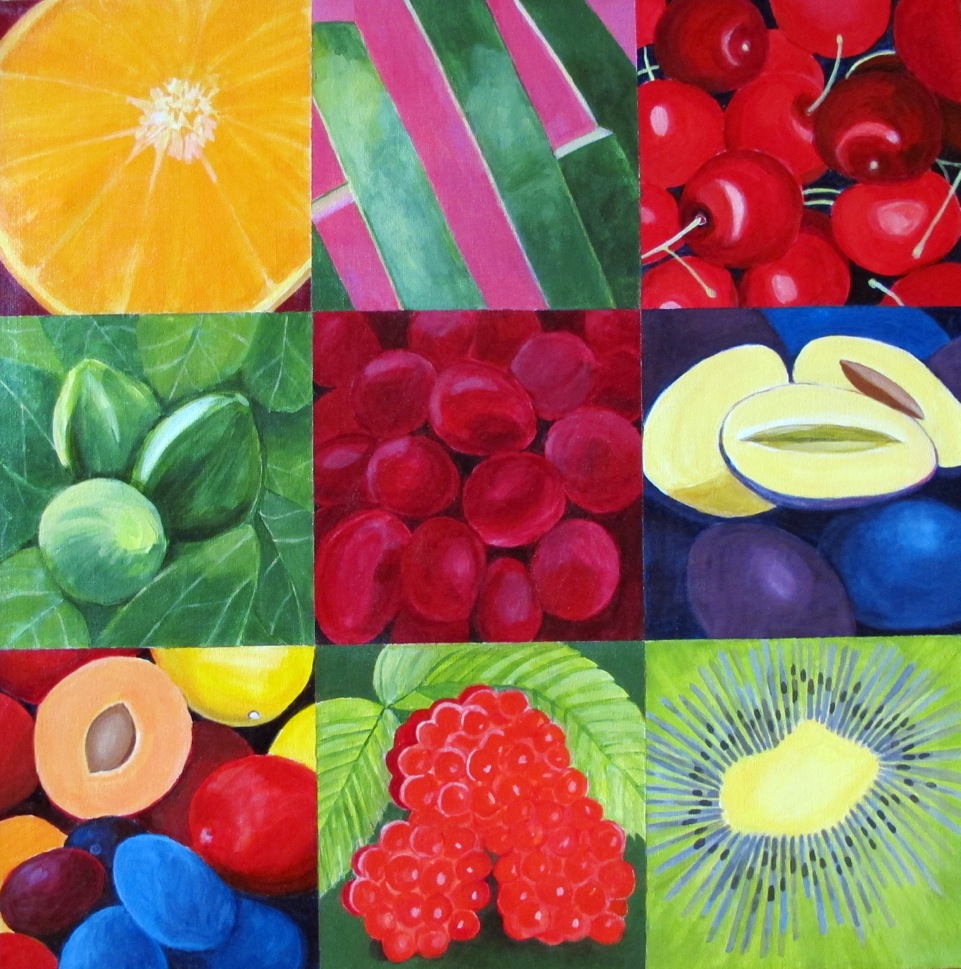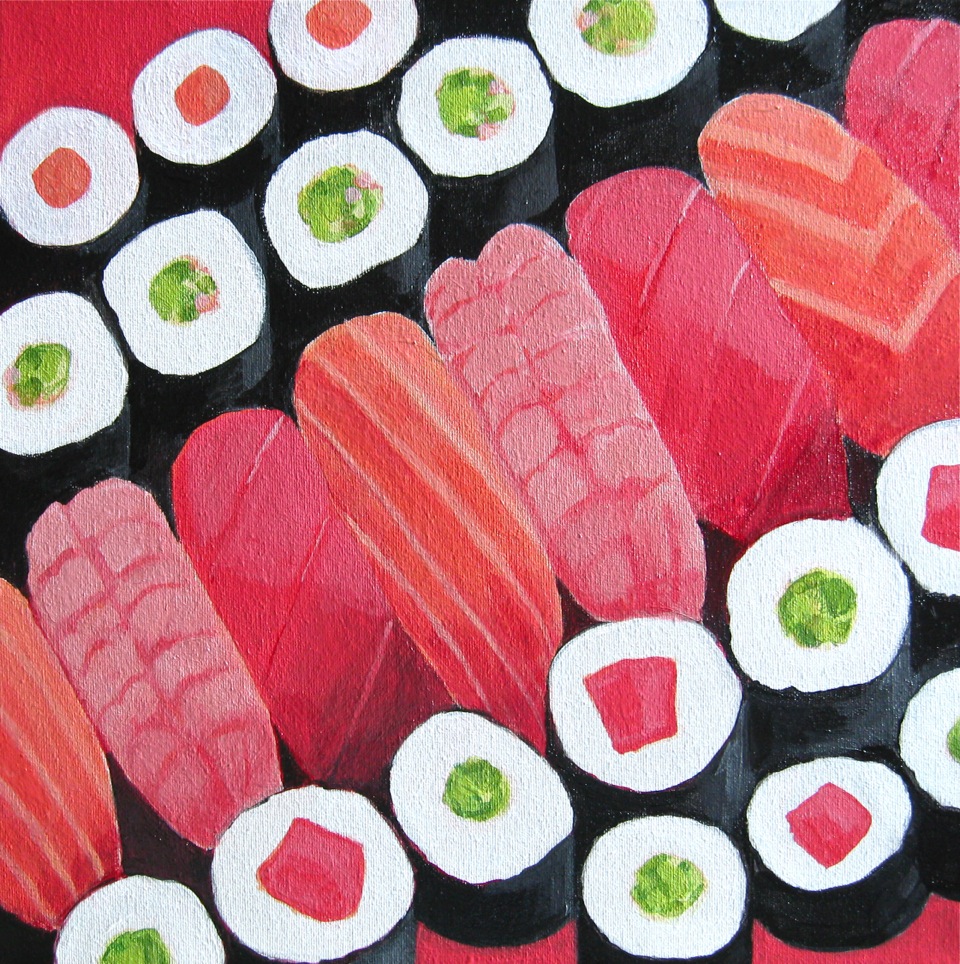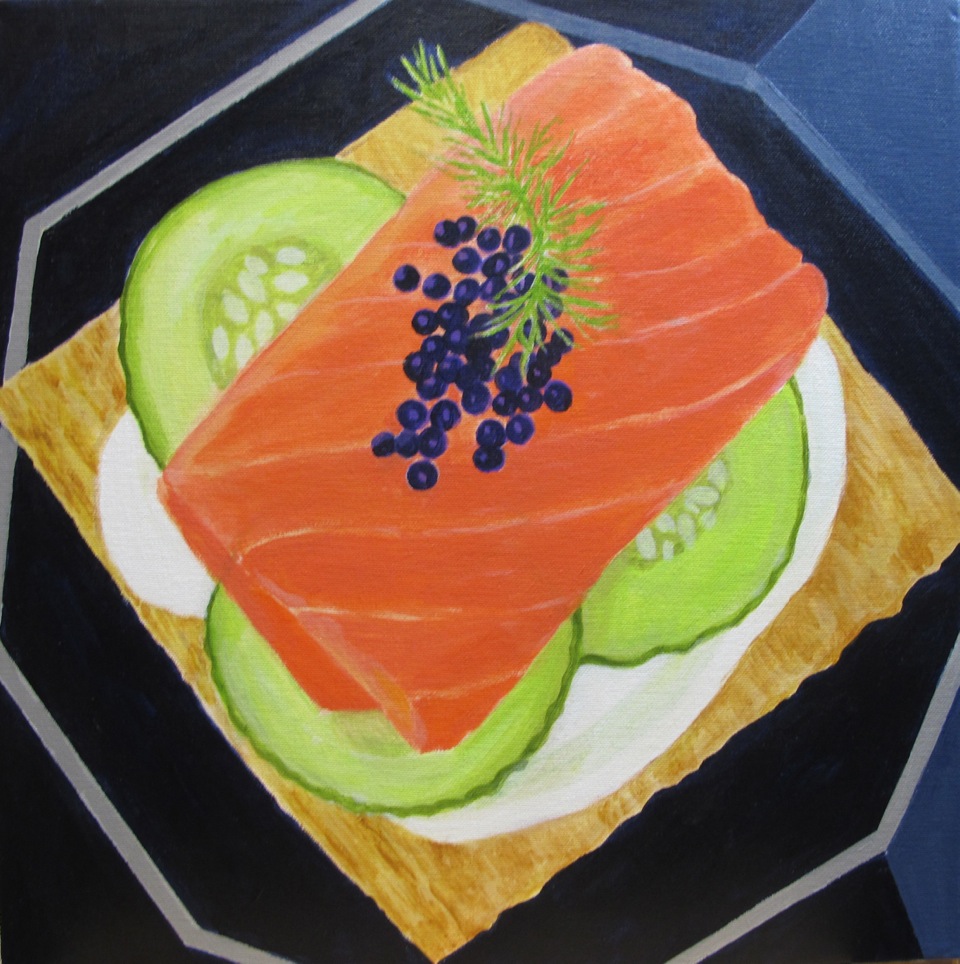by Ross Miranti
Foodies of many stripes have welcomed the election of democrat Bill de Blasio as mayor of New York City for his progressive views on issues such as food justice, food security, and local food. But there is one important food issue de Blasio supports that does not get much attention from food activists: global food production has an enormous impact on the climate.
payday loan application form
As city councilmember in 2009, de Blasio sponsored a resolution on New York City’s ‘Foodprint,’ citing the many ways that food contributes to global warming: packaging, shipping, and, above all, the emissions from livestock production, which, as stated in the resolution, accounts for more emissions than all transportation combined. In collaboration with Manhattan Borough President Scott Stringer and with the support of NGOs and other city councilmembers, the resolution called on the city to adopt climate-friendly food policies that include “financial and technical support, a public awareness campaign regarding the city’s food consumption and production patterns, and greater access to local, fresh, healthy food.”
The resolution was non-binding but shows that local policy-makers are aware of the connection between food and climate change and recognize the need to reform the city’s food system. It was similar to Chicago city council’s ‘Green Food’ resolution, which received unanimous support earlier in 2009, both in its content and in that neither resolution has been translated into policy change.
Though there is a global consensus that climate change is manmade and demands immediate attention, the role of food in global warming is not widely recognized – for example, Al Gore did not mention the issue in his film An Inconvenient Truth, though he has since spoken about the need to reduce meat consumption. In this sense, perhaps the value of these city-level resolutions is their power to raise awareness about the food-climate issue and to link global warming to local lifestyles. While it is somewhat promising to see the food-climate debate taken up in New York City, there are many obstacles to overcome if local and global food systems are to be sustainable and climate-friendly.
First, while the UNEP, FAO, and environmental specialists from the World Bank Group recognize that livestock is responsible for a large share of greenhouse gas emissions (14% -51% of total manmade emissions in carbon equivalent), their policy recommendations tend to be limited to either making livestock less carbon intensive or adapting food production to climate change. While both of these are important steps, the rising global consumption of animal-based foods caused by population growth and economic development will increase livestock numbers to 100 billion land animals yearly by 2050 (up from the current 60 billion), bumping up demand for agricultural land 70%. Therefore, any realistic strategy to mitigate food emissions must also look at reducing the consumption of meat, eggs, and dairy and increasing the consumption of climate-friendly, plant-based proteins.
Second, while there is some policy debate of the food-climate issue at the highest international food and environmental agencies and in large cities such as New York and Chicago, this debate is not occurring at the national level. Countries are the most important players in climate policy because they have ultimate authority over individual regions and municipalities in their territory and they are the ones who comprise international organizations such as the UN. Even though introducing the issue into national policy debate would not mean automatic policy change – and we have seen the unwillingness of countries to take any substantive climate action that might compromise their economies – it is an important first step towards any future reform of food systems.
While a climate-friendly food system capable of nourishing the growing world population seems like a remote dream, it is possible if 1) the food-climate issue becomes mainstreamed into climate debates at the local, national, and international levels, 2) the policy response focuses on real alternatives that entail the increased consumption of climate-friendly foods, and 3) countries actively and earnestly implement such policies domestically.
For those of us in New York City who are concerned about the issue of food and climate change, the election of de Blasio offers an exciting opportunity to lobby the city to pursue greener food policies and to raise awareness of food’s role in climate change. As one of the hubs of culture, finance, and global policy, New York has the opportunity to make an impact not only through changing the consumption habits of its 8.3 million residents, but also through serving as an example for other cities and perhaps even those who run the show in Washington.
Ross is interested in the impacts the global livestock sector has in terms of sustainability, food security, climate change, and animal welfare. In addition to organizing a conference on this issue at the New School in 2012, he has done work in this area with organizations such as Humane Society International, Brighter Green, and, most recently, Waterkeeper Alliance. For more of Ross’s writings on the food-climate issue, visit www.thecostofdiet.wordpress.com
















